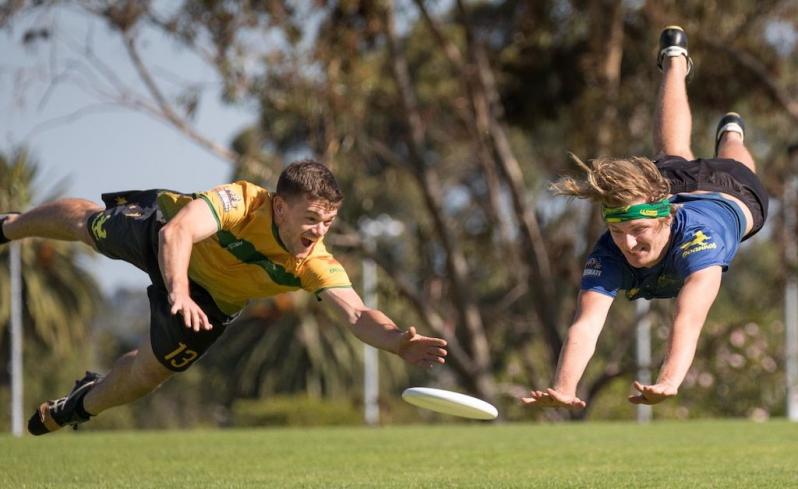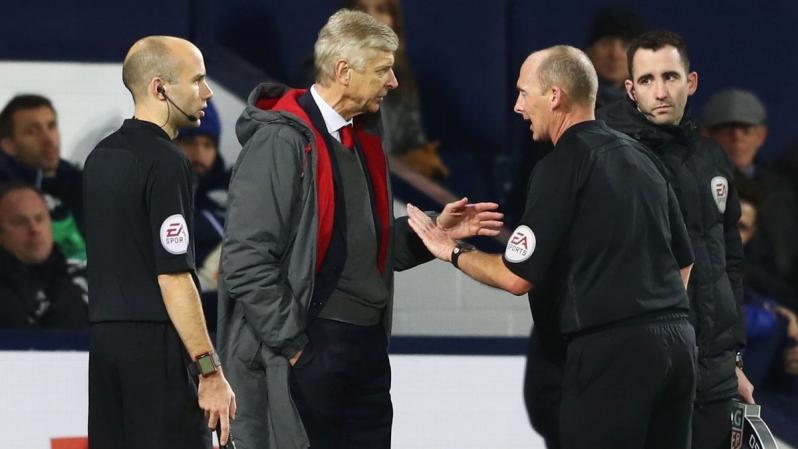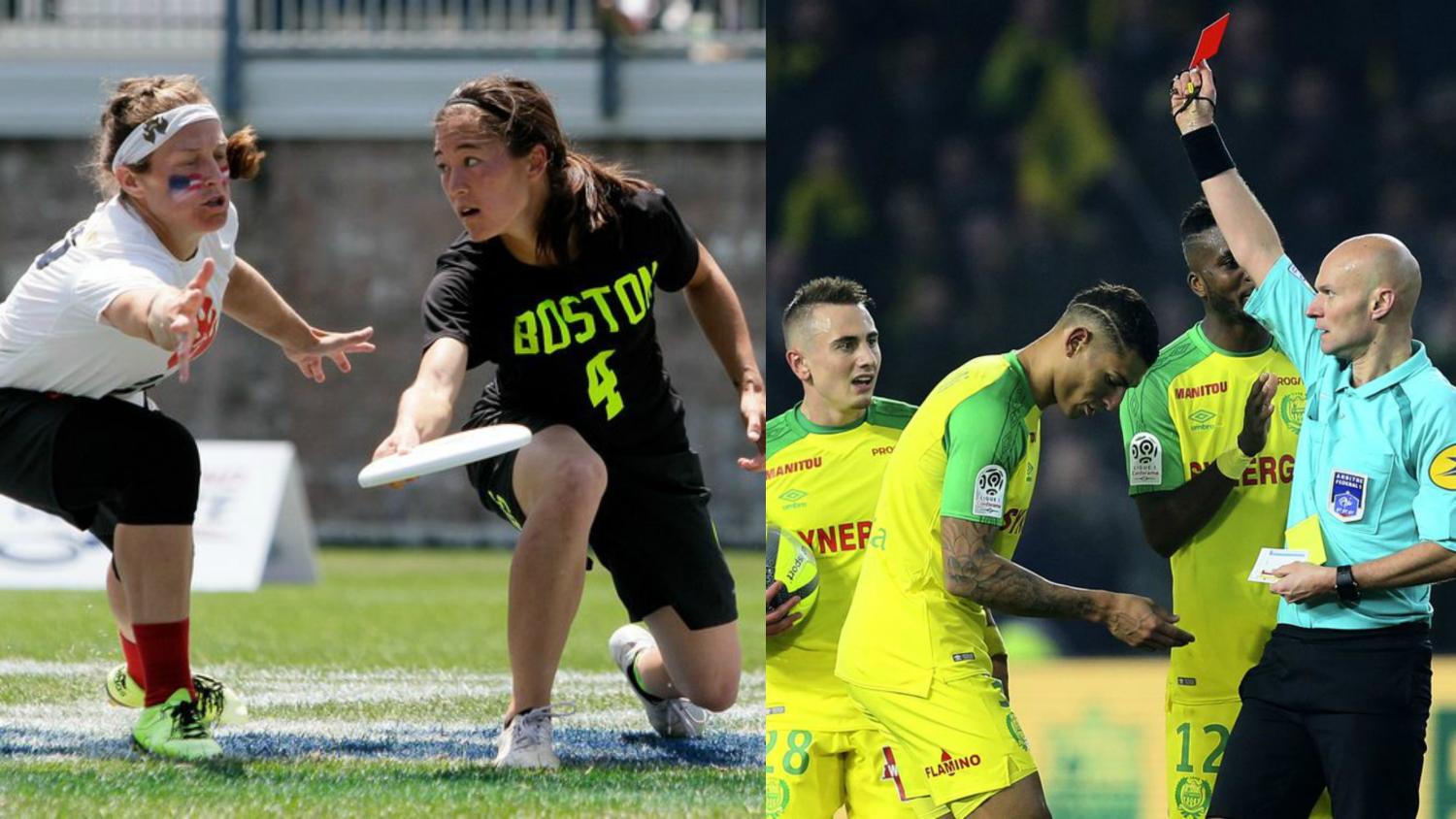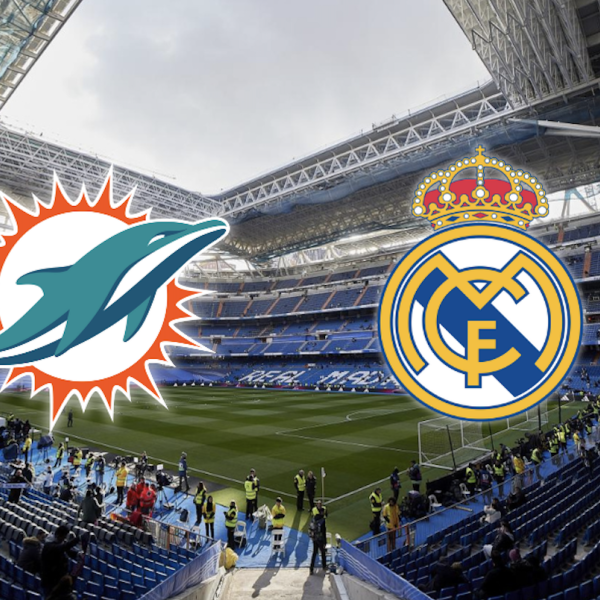One of the few certainties in soccer is players (and coaches) will not get along with referees. There will always be contentious calls and subjective decisions that could go either way. This isn’t exclusive to soccer, but there is one sport that avoids this aspect completely: ultimate Frisbee, which does not have referees. Could the beautiful game ever follow suit and institute self-officiated soccer?
Since humans first started creating and playing competitive games, other humans have been called in to keep things fair. Wherever there is any sort of athletic competition, there is almost always a referee to resolve disputes, adjudge penalties or fouls and control the game. Soccer, American football, basketball, baseball, hockey and tennis all have someone watching over with ultimate authority.
Most of the time this works just fine. Sure, there are squabbles and disagreements, but for the most part, referees, officials and umpires are earnestly trying to do a good job. Video replay in most sports and countries not in the Dark Ages has helped ensure referees eventually get the calls right more often than not.
But one sport goes in a completely different direction. One sport eschews referees and officials altogether. Instead of any one person or group of people governing a match, ultimate Frisbee asks its players to self officiate.
“Ultimate relies upon a spirit of sportsmanship that places the responsibility for fair play on the player,” the rules state. “Highly competitive play is encouraged, but never at the expense of mutual respect among competitors, adherence to the agreed upon rules, or the basic joy of play.”

Ultimate is self-officiated unlike most every other sport out there. Photo: @westaustralian | Twitter
It’s a unique take on sports in general. Sure, golf asks its players to self report, but more often than not you get rule Nazis at home calling in from home to tattle on professionals. Typically opponents can’t agree on much of anything, let alone match-crucial decisions. To require opponents to come to a consensus in the heat of the moment requires a healthy amount sportsmanship.
Fortunately, the rules in ultimate are fairly simple. Unlike in the NFL, it’s pretty obvious whether or not a catch is made. It’s a foul if any physical contact is made, so there’s little wiggle room for subjectivity. And that’s about it.
The International Olympic Committee recently recognized ultimate as an official sport that could one day be in the Olympics in part because of the ethos that surrounds its self-officiating facet, one that relates to the ideals the Olympics try to instill. That hasn’t stopped semiprofessional ultimate leagues from instituting referees and matches at the highest levels have “observers” who help solve disputes, but an overwhelming majority of games do not have referees.
So what if we self-officiated soccer in the same manner?

Who would managers blame for losses without referees? Photo: @Arsenal_Fanly | Twitter
While soccer and ultimate are similar in many ways (freedom of movement, passing, teamwork), soccer has a much larger rulebook, including many rules that include an amount of subjectivity. Some physical contact is allowed, but not all, so few fouls are black and white. Rules like offside are hard for referees to determine and nearly impossible for players themselves to discern; there’s a reason there are assistant referees whose primary job is to watch for offside calls.
Then there’s the fact soccer players are notorious for trying to deceive their opponents and referees. Would self-officiated soccer prevent players from diving or encourage them to dive even more? A player typically knows when he’s committed a foul, but how many would actually own up to it in a crucial moment?
Imagine Cristiano Ronaldo dribbling toward goal with just the goalkeeper in front of him. If Gerard Pique were to slide in and get both the ball and the player, could you imagine a world where players from Real Madrid and Barcelona actually agree upon whether a foul was committed and, if so, what punishment Pique should face? Me neither.
Soccer players are taught to play to the whistle and to push the boundaries of what is legal. This isn’t necessarily a bad thing; a player trying to beat an offside trap might be called offside half a dozen times before finally succeeding and creating a goal-scoring opportunity. But it does mean self-officiated soccer is so far from the established norm as to be nearly inconceivable. Could small pickup games or perhaps an indoor soccer league be self-governed? It’s plausible, but even that seems unlikely if either team decides it actually wants to win more than the other team.
Here’s what we think the sport would look like if FIFA decided to do away with referees and self-officiate soccer.








